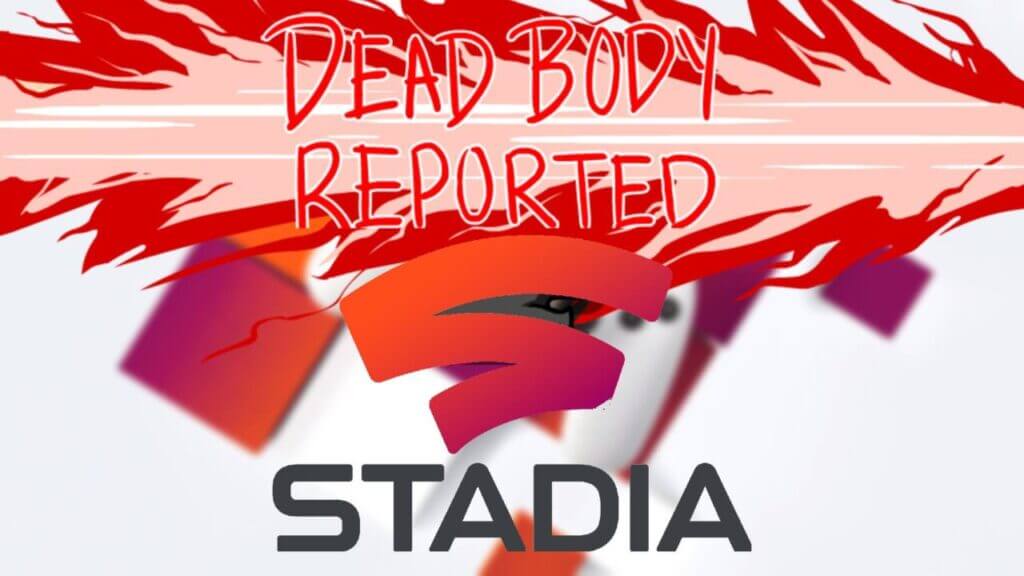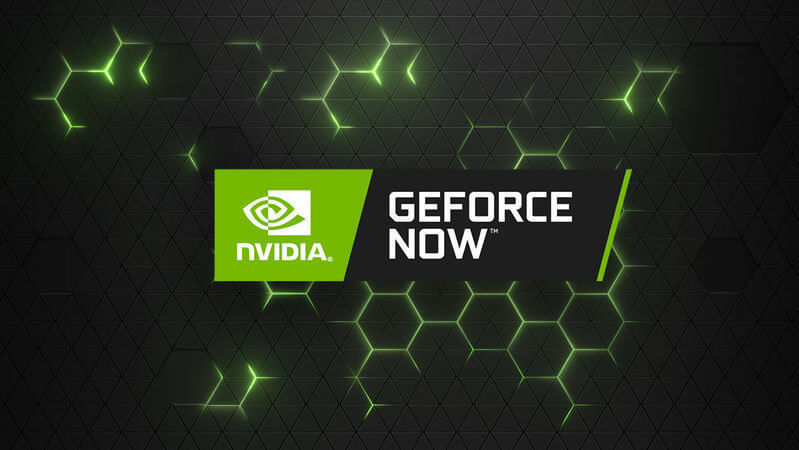Fast Links
To the dismay of cloud gaming fans across the world (and even the cloud gaming naysayers), Google just announced that its cloud gaming service Stadia is officially shutting down. Stadia will continue to function normally until January 18th, 2023. But that is not all, Google has confirmed that it will be refunding all Stadia hardware and software purchases from the Google store, including the controllers, games, and even DLCs. The refunds should be complete by mid-January next year.
GM Phil Harrison, vice president of Stadia, said in a blog post that the technological foundation of Stadia was strong, but it didn’t gain traction with users as they had “expected”. So they came to the painful decision to just axe the service. But on the bright side, if there is one, there won’t be any layoffs, since all employees working on Stadia will be moved to other parts of the company.
According to Harrison, Google sees other avenues within the company where it could apply Stadia’s technology, like YouTube, Google Play, and its AR efforts. Google also plans on making it available to industry partners, which aligns with where Google thinks the industry is headed.
This doesn’t exactly come as a shock to anyone who has been paying attention to Stadia and how it has been performing since it launched in November 2019. Soon after people got their hands on it, rumors among the tech community started going around that Stadia might not stick around for too long. Recently, when Logitech announced its new cloud gaming device, it omitted Stadia as one of the cloud gaming services it would support, showing that third parties had no confidence in Stadia either.
Last year when Google closed some of its newly instated in-house game development studios, it became obvious that something within Stadia had gone awry. When this happened, Google insisted that Stadia was not going anywhere.
But Why Is Google Stadia Really Shutting Down?
The main reason why Stadia failed, is coincidentally also the reason why Google Plus, Hangouts, Google Answers, Google Health, Google Buzz, Google Offers, and a plethora of other products starting with the word “Google” failed.
That reason is simple, Google’s ability to waltz into an industry with no prior presence and believe that it can offer a product that will not only compete, but surpass the biggest names in the business without offering anything superior, or even marginally distinctive.
This definitely does not mean that Google lacks innovation, there are Google products that have cemented themselves as mainstays of their respective industries. Products and services like Adsense, Android, and Pixel Smartphones, just to name a few. But all of the past failures can easily be attributed to coming into an industry, launching a product that is barely as good as competitors, and believing with some supernatural level of certainty that it will somehow stay afloat. Google’s uncanny ability to expect that users will switch from whatever they are using to whatever new kid on the block Google releases, is the main reason why many of its biggest endeavors outside its wheelhouse tend to fail.
Why Does Google Fail Where Others Succeed?
There is a fairly obvious reason why Facebook is still around and Google Plus isn’t, why Twitter is around but Google Buzz isn’t, why iMessage is around but Hangouts isn’t, and why GeForce Experience and PlayStation Now are around yet Stadia isn’t. And that reason is that those platforms stuck around for a lot longer, and either came up with a new product/service or had some sort of a hook in the industry before they started to compete.
The final nail in the coffin for Google Stadia, and possibly the main reason it lacked adoption was its convoluted pricing system. The term “Netflix for games” has been getting thrown around quite a lot in recent years. But Netflix does not ask you to buy individual movies/TV shows and then charge a monthly fee on top of that depending on how recent or popular it is, something Stadia has been guilty of since the very beginning. It was unfortunately a jumbled mess from launch, and Stadia surviving for as long as it did is a surprise in itself. And by how everything has been going, it seems YouTube Red might be nearing the chopping block next.



